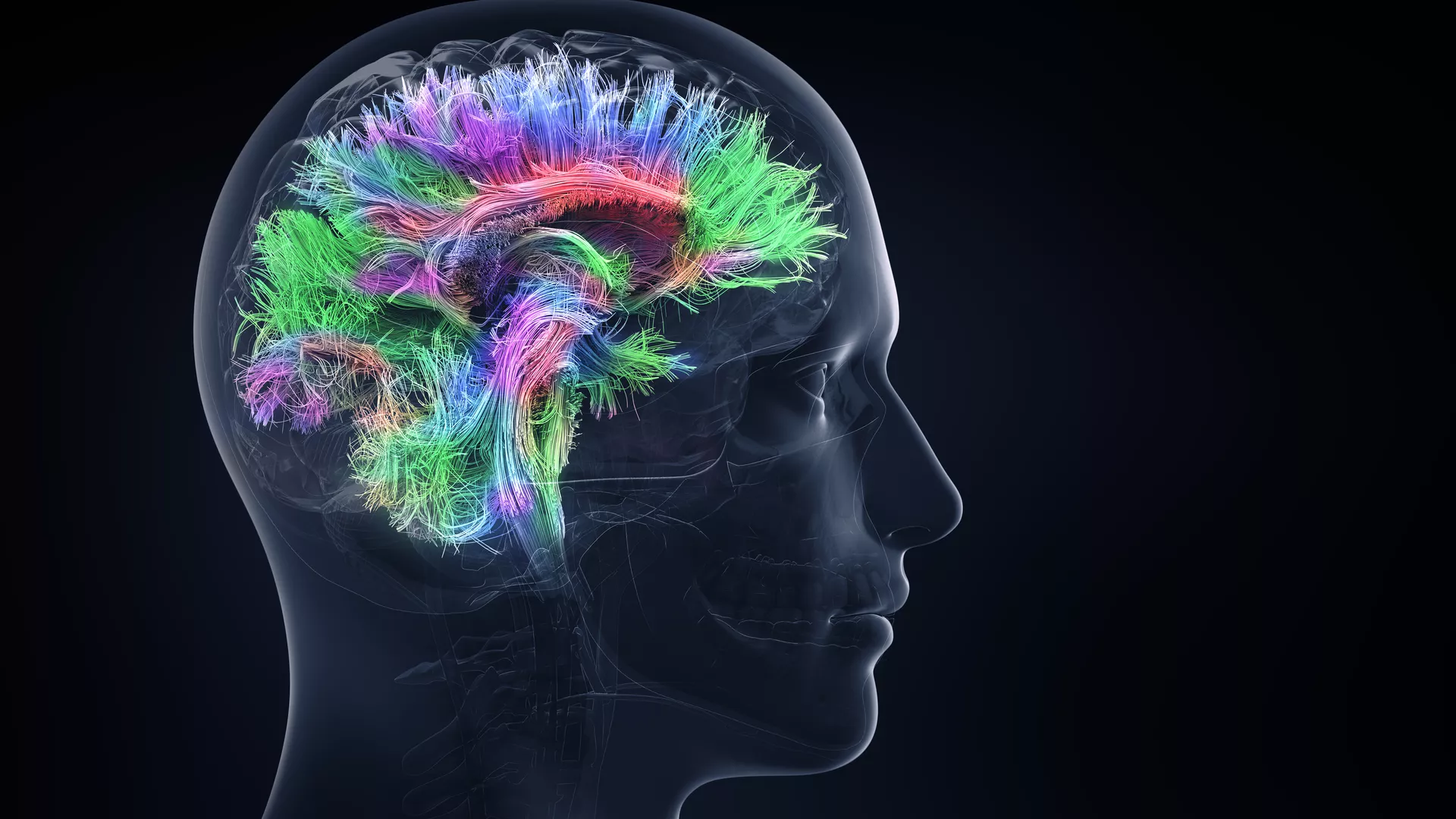Cannabis has gained attention for its potential to stimulate appetite, particularly in individuals facing serious medical conditions like cancer and HIV/AIDS. Dronabinol, a synthetic THC, is an FDA-approved medication designed to promote weight gain in these patients. However, its effectiveness in treating eating disorders requires careful consideration.
Eating disorders, including anorexia nervosa, bulimia, and binge-eating disorder, are often characterized by an unhealthy focus on weight and body image, leading to disordered eating patterns. These behaviors can severely impact nutritional intake and overall health. Cannabis is known to induce cravings and stimulate appetite, commonly referred to as the ‘munchies.’ While this effect may benefit those needing to gain weight, it can complicate treatment for individuals with eating disorders, especially those prone to binge-eating.
Research continues to explore the appetite-enhancing effects of cannabis. THC interacts with brain receptors that influence the sensory experience of food, increasing the enjoyment and desire to eat. Factors such as age, gender, and the method of cannabis consumption can influence how it affects appetite. Interestingly, many users report that their reactions to cannabis change as they age.
A 2023 review of studies from 2010 to 2023 examined the relationship between cannabis use and eating disorders. The review analyzed a dozen studies, revealing both potential advantages and drawbacks. On the positive side, cannabis use may lead to weight gain, improvements in eating disorder symptoms, and enhanced physical activity. However, the review also noted that cannabis is not a guaranteed solution; some individuals may experience no significant changes in weight or symptoms.
Moreover, the use of cannabis can pose risks, including a reduction in hormones that regulate fat storage and energy metabolism. Some studies indicate a risk of developing cannabis use disorder or worsening eating behaviors linked to cannabis consumption.
For individuals experiencing eating disorders like anorexia or bulimia, consulting with a medical professional is essential before considering cannabis as a treatment option. Each case is unique, and healthcare providers can help determine the best approach based on individual needs. Overall, while cannabis may offer some benefits in treating eating disorders, it is crucial to be aware of the associated risks.



